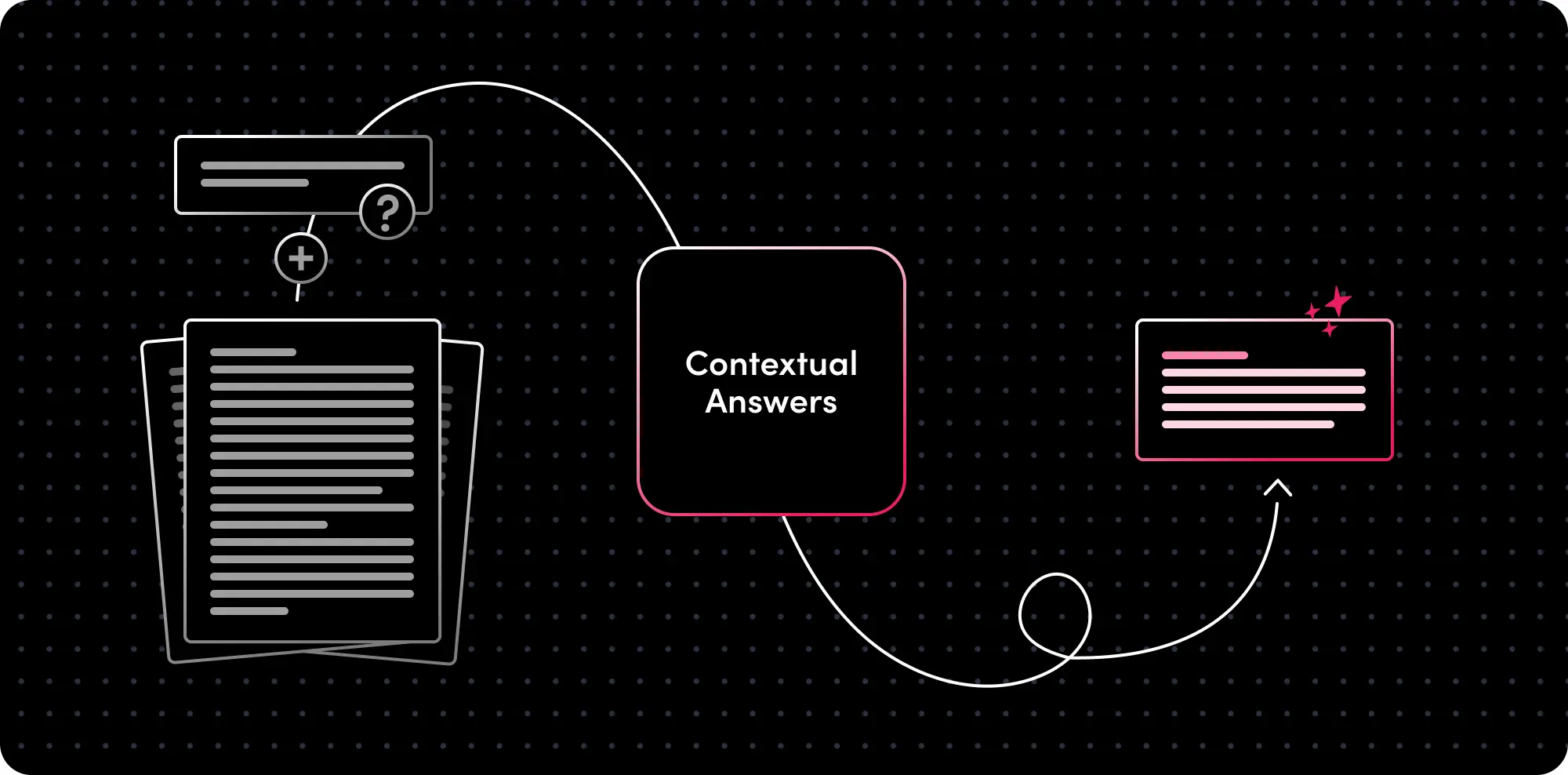· 2 min read
AI with Purpose - Integrating Scripture and Theology for Deeper Understanding
FaithCopilot revolutionizes AI by integrating Christian texts and theological resources. Experience richer, contextually accurate digital answers that enhance your spiritual journey.

Enhancing AI Responses with Contextual Datasets: A Christian Perspective
In a world where AI is increasingly influencing how we access and interpret information, the challenge is no longer just about providing answers, but ensuring those answers are rich, meaningful, and contextually relevant. For Christians seeking guidance, this is particularly vital. How do we ensure that AI can provide spiritually sound and theologically accurate responses? The key lies in enriching AI with contextual datasets that draw from authoritative Christian resources.
The Power of Contextual Responses
Imagine you’re seeking deeper understanding on a faith-related topic—perhaps you’re pondering over the notion of “living faithfully.” Turning to an AI for insight could yield a broad, generalized answer if the AI lacks specific contextual knowledge. However, the integration of comprehensive Christian datasets can transform the quality of these responses.

Integrating Christian Resources into AI
You can make our AI assistant even smarter by adding texts from important Christian books: Apart from Scriptures in different versions (ESV, NIV, KJV, etc.), here are some examples of Christian resources that could be integrated:
- Systematic Theology by Wayne Grudem
- Mere Christianity by C.S. Lewis
- The Purpose Driven Life by Rick Warren
- Grace: More Than We Deserve, Greater Than We Imagine by Max Lucado
- Good Morning, Lord … Can We Talk?: A Year of Scriptural Meditations by Charles Swindoll
How These Bibliographies Shape Responses
Imagine asking an intricate question such as “What does it mean to live faithfully?”
General Response Without Resources: “Living faithfully generally means adhering to principles you believe in.”
Contextual Response With Integrated Texts (C.S. Lewis Example): “Living faithfully involves embodying principles set forth in scripture such as ‘walking humbly with God’ (Micah 6:8) while embracing grace-focused practices highlighted in ‘Mere Christianity’ where C.S. Lewis discusses faith as being trustful reliance.”
Contextual Response With Integrated Texts (Max Lucado Example): “Living faithfully means relying on God’s never-ending grace as articulated by Max Lucado in ‘Grace: More Than We Deserve, Greater Than We Imagine,’ encouraging us to see each day as an opportunity for renewal.”
These important books deepen the responses and help provide richer and more meaningful answers based on well-established Christian teachings. By integrating these respected resources into AI, we create an assistant that supports believers in their spiritual journey with depth and doctrinal accuracy.



